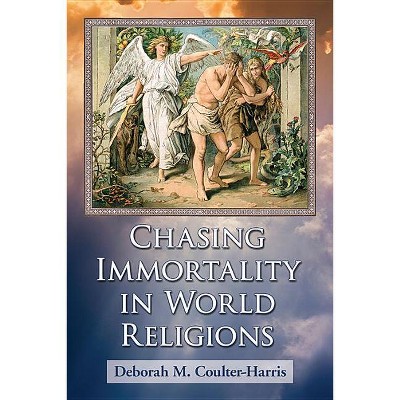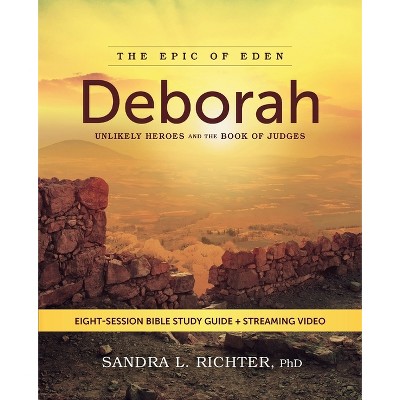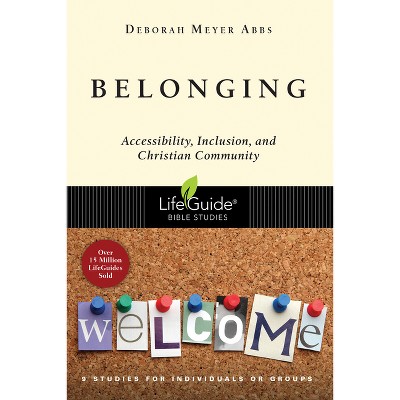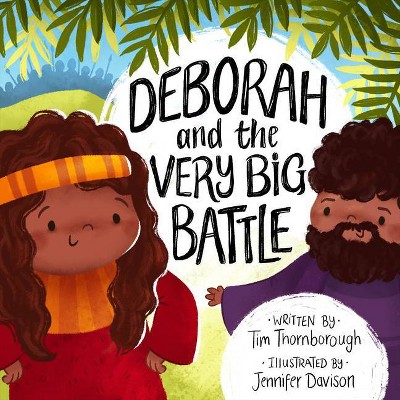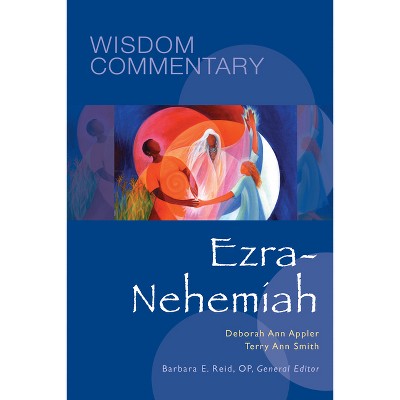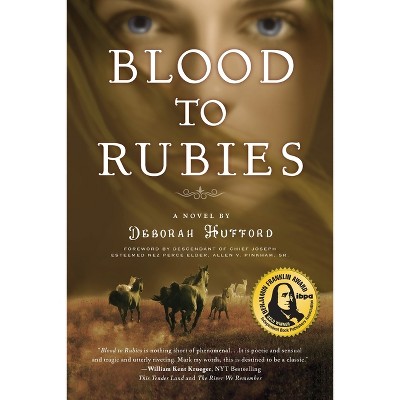Sponsored

The Queen of Sheba - by Deborah M Coulter-Harris (Paperback)
In Stock
Sponsored
About this item
Highlights
- Part I of this book begins with a scriptural study of all Sheba references, particularly the origins and genealogy of the name and its connections with Hebrew patriarchs such as Abraham and kings Saul and David; it later explores the literature and legends surrounding king Solomon and his trade negotiations with Sheba.
- About the Author: Deborah M. Coulter-Harris, Ph.D., teaches in the Department of English Language and Literature at the University of Toledo.
- 208 Pages
- Religion + Beliefs, Biblical Studies
Description
About the Book
Part I of this book begins with a scriptural study of all Sheba references, particularly the origins and genealogy of the name and its connections with Hebrew patriarchs such as Abraham and kings Saul and David; it later explores the literature and legends surrounding king Solomon and his trade negotiations with Sheba. The text analyzes theories and links between the Queen of Sheba and Pharaoh Hatshepsut, and concludes that Sheba may well be the Pharaoh based upon linguistic associations and the related stories from a multitude of regions and countries.Part II travels into ancient Arabian, Yemeni, Ethiopian, and Eritrean tales of the Queen of Sheba, and examines the mention of Sheba in an array of Jewish, Christian, and Muslim texts. It scrutinizes associations between ancient gods and pharaohs, particularly the similarity of their iconographic representations, the meaning of their symbols and signs that connect with Sheba legends and Hatshepsut's history, the real extent and location of her vast empire.
Book Synopsis
Part I of this book begins with a scriptural study of all Sheba references, particularly the origins and genealogy of the name and its connections with Hebrew patriarchs such as Abraham and kings Saul and David; it later explores the literature and legends surrounding king Solomon and his trade negotiations with Sheba. The text analyzes theories and links between the Queen of Sheba and Pharaoh Hatshepsut, and concludes that Sheba may well be the Pharaoh based upon linguistic associations and the related stories from a multitude of regions and countries.
Part II travels into ancient Arabian, Yemeni, Ethiopian, and Eritrean tales of the Queen of Sheba, and examines the mention of Sheba in an array of Jewish, Christian, and Muslim texts. It scrutinizes associations between ancient gods and pharaohs, particularly the similarity of their iconographic representations, the meaning of their symbols and signs that connect with Sheba legends and Hatshepsut's history, the real extent and location of her vast empire.
Review Quotes
"Coulter-Harris examines the religious and secular legends, literature, and lore surrounding the Queen of Sheba"-Reference & Research Book News.
About the Author
Deborah M. Coulter-Harris, Ph.D., teaches in the Department of English Language and Literature at the University of Toledo. A former officer and Middle East political analyst at the Central Intelligence Agency, she is the author of four books.





